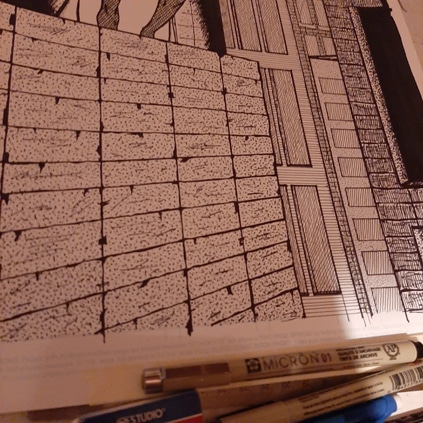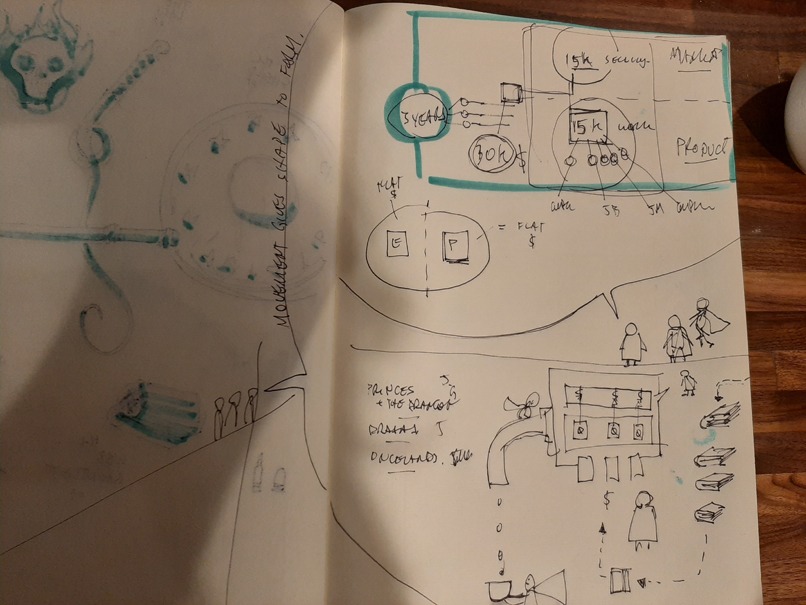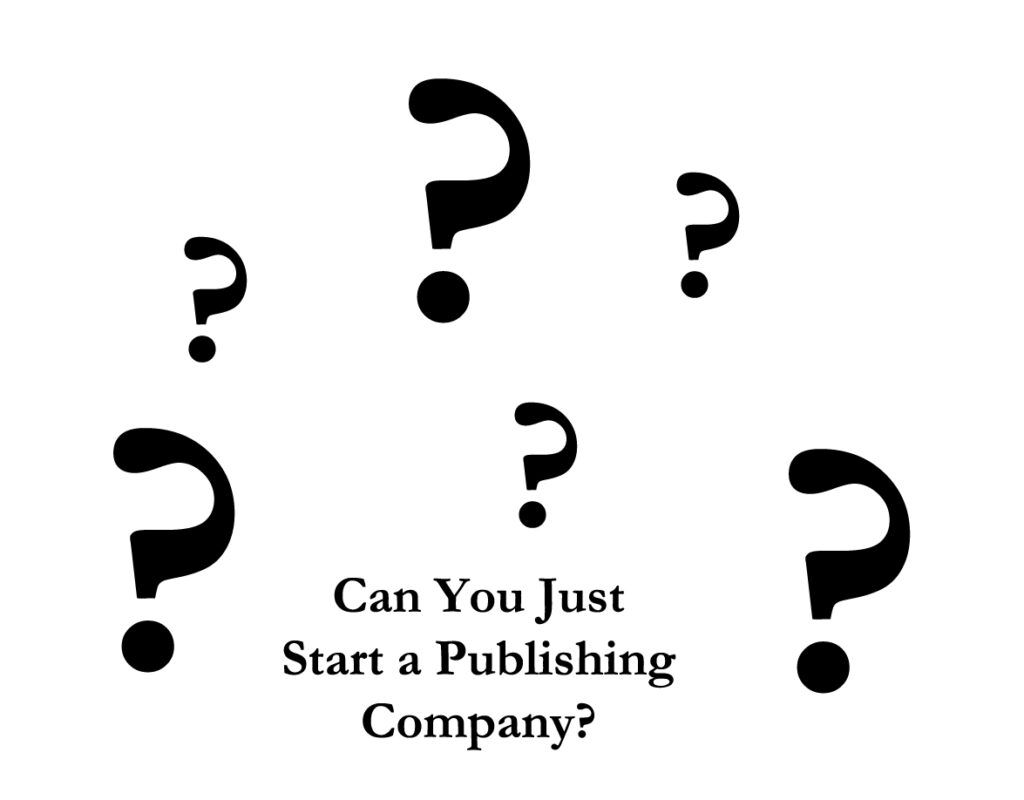
An Elaboration of 2020 and a Career Shift.
After years of putting it off, I’m stepping down from being solely an author. “Solely” being the operative word. The book publishing industry rewarded me in the ways I needed, taught me the things I wanted to learn, and helped me meet the types of people I wanted to meet, both creator and reader alike. And while true that since I’ve been back from being ill, I’ve taken on the mantle of writer/artist instead of just writer, I thought it’d be a fair thing to tell you what the current road map looks like career-wise so I don’t accidentally mislead you.
This is the general plan:
2020 is a year of rebuilding hence Project Rebuild. Throughout the course of the year–with the very end of the year being the ideal-but-flexible deadline–I’ll be bringing my book list into the 21st century and will release a new thing or two along the way. And it will take the whole year or potentially more because I have a lot of titles and all this takes time.
Going forward in 2021, I have a few books that are done that need releasing so those will be tended to as well as finishing off some works-in-progress to wrap them up.
While the above two are occuring, I’ll be spending most of my time and energy devoted to making comics. Comics are what started me on the publishing path and are a great love of mine. In short, writing books will be a secondary thing compared to the comics.
All I want to do is finish the last bit of my book publishing life and make comics going forward.
For Axiom-man fans, don’t worry. Lots of prose adventures coming. I’m referring to my non-superhero work.
I also need to point out something to my readers that needs to be taken into consideration: I’m still sick. I’m much better than before, but even when I started up again at the end of last August, I was operating at around 65-70% capacity. Going hard at 1000mph has dropped me to about 50% on a good day, 40-45% on every other day. Each day I come to the keyboard, I’m not healthy on multiple levels, but I work anyway because making art and stories is what I do and it’s what helps me survive. All I’m saying is I’m changing things on various levels so I don’t keel over and die one day in the middle of a script or while drawing something. It is also important to point out that my shift to comics isn’t about accommodating for being unwell. It’s about looking ahead to my deathbed when I’m lying there and looking back. I know I’ll regret it if I don’t do comics and since time is the most valuable thing on this earth, I want to spend it doing something I love.
Thank you.


